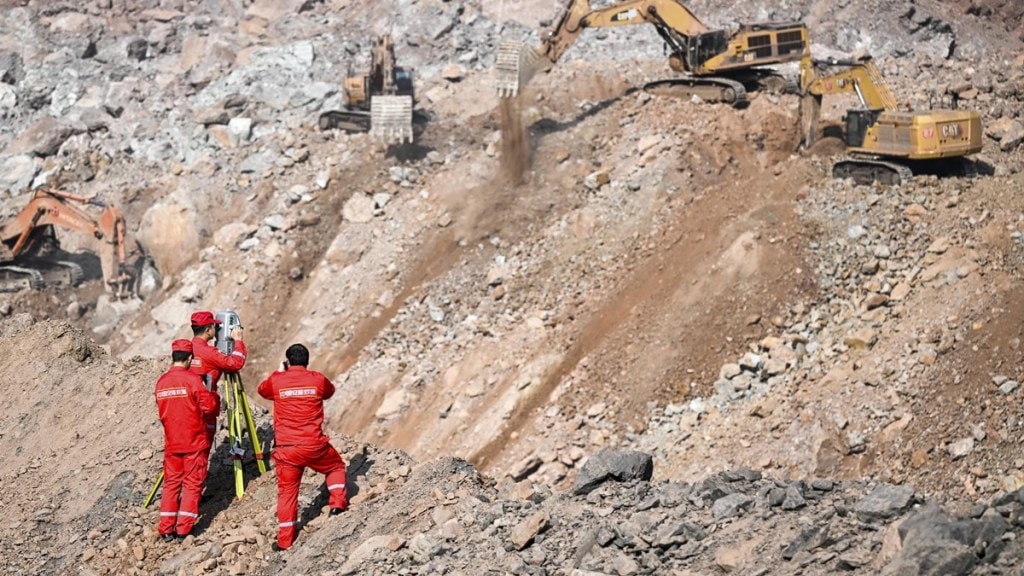The government on Thursday put 18 critical and strategic mineral blocks with an estimated value of Rs 30 trillion under the second tranche of critical minerals auction. The minerals include graphite, tungsten, vanadium, rare earth elements, nickel, potash, and cobalt, among others.
“After today, potash mining can start in India for the first time. It will greatly help the nation’s farmers who are our Annadata,” the Union minister for coal and mines Pralhad Joshi said.The two potash blocks are located in Hanumangarh and Bikaner in Rajasthan. Domestic exploration and production of potash will further contribute to reduce imports, thus saving foreign exchange, the minister emphasised.Out of the 18 critical mineral blocks up for auction, 17 are put for the grant of Composite Licences, while one mineral block for the grant of a Mining Lease.
These blocks are spread across eight states–Andhra Pradesh, Arunachal Pradesh, Chhattisgarh, Karnataka, Madhya Pradesh, Maharashtra, Rajasthan, and Tamil Nadu.The ministry of mines had launched the first tranche of the auction of critical and strategic mineral blocks in November 2023.
The first tranche of the auction has garnered a positive response, with 50 bids received so far, the minister said. He also stated that Jindal Power, Coal India, Vedanta, and Dalmia Group are among the top bidders for critical minerals launched in the first tranche. The results for the first tranche are expected to be released in mid-April.
The government bears the responsibility of auctioning these blocks, and revenue generated from the auction and subsequent royalty payments will accrue to the states.In 2021, the government amended the MMDR Act, empowering the central government to notify entities, including private entities, eligible to undertake mining operations. The government has identified 100 blocks of critical minerals.

